Self-Driving Finance
2020 has rocked our financial discipline even further. It goes beyond the loss of a job or income. The crisis has forced people to look for new ways to maintain and increase their savings.
The growth of investing among unskilled investors has led to a rise in solutions like Robinhood. At the same time, it led to substantial losses for those that have invested in securities without the necessary knowledge.
The growth of investing among unskilled investors has led to a rise in solutions like Robinhood. At the same time, it led to substantial losses for those that have invested in securities without the necessary knowledge.
Self-Driving Finance
2020 has rocked our financial discipline even further. It goes beyond the loss of a job or income. The crisis has forced people to look for new ways to maintain and increase their savings.
The growth of investing among unskilled investors has led to a rise in solutions like Robinhood. At the same time, it led to substantial losses for those that have invested in securities without the necessary knowledge.
The growth of investing among unskilled investors has led to a rise in solutions like Robinhood. At the same time, it led to substantial losses for those that have invested in securities without the necessary knowledge.

On the other hand, the rise of hire purchase services has increased consumer debt. According to Afterpay and PayPal, customers spend more money — sometimes by 20% or more — if the store offers different ways of purchase financing. As a result, this caused an influx of criticism of Buy Now, Pay Later solutions. The Swedish authorities even banned installment plans as a default payment method.
A year ago, we noted that fintech companies are beginning to answer the need for improving financial health. However, until now, there has not been a service with a successful solution to this issue. The reason is simple: people have a need, but there is no suitable business model for it yet.
Perhaps in 2021, the financial industry will have "its own Facebook." At first, it might have unclear monetization, but it will improve rapidly, helping users maintain financial health.
A year ago, we noted that fintech companies are beginning to answer the need for improving financial health. However, until now, there has not been a service with a successful solution to this issue. The reason is simple: people have a need, but there is no suitable business model for it yet.
Perhaps in 2021, the financial industry will have "its own Facebook." At first, it might have unclear monetization, but it will improve rapidly, helping users maintain financial health.
Most likely, such a product will be developed in automated finance. The first step will be a form of round-up apps that take a percentage of the purchase and transfer it to a savings or investment account.
But for finance to become truly self-driving, fintech products must transition from a closed model to an open one. Then, they will be ready to facilitate transfers between accounts in different services guided by the user’s benefit and not their own. It is not only individuals that benefit from it: the business sector also needs an self-driving treasurer to distribute funds between bank accounts in the best terms.
We expect a rise of services automating independent financial advice and making it more accessible. The development of niche products will also take place.
But for finance to become truly self-driving, fintech products must transition from a closed model to an open one. Then, they will be ready to facilitate transfers between accounts in different services guided by the user’s benefit and not their own. It is not only individuals that benefit from it: the business sector also needs an self-driving treasurer to distribute funds between bank accounts in the best terms.
We expect a rise of services automating independent financial advice and making it more accessible. The development of niche products will also take place.
Canopy
Canopy helps users analyze rental and maintenance costs, budget, and improve credit history.
Zilch
Zilch offers a hybrid of a credit card and BNPL service. The credit limit takes into account the user's open banking data. Upon purchase, users must pay 25% of the cost; the rest is paid back in equal interest-free installments.
Moneyhub
Moneyhub analyzes user purchases, automates the selection of products/services for a lower price, and gives an option to move money to savings, or make pension contributions.

